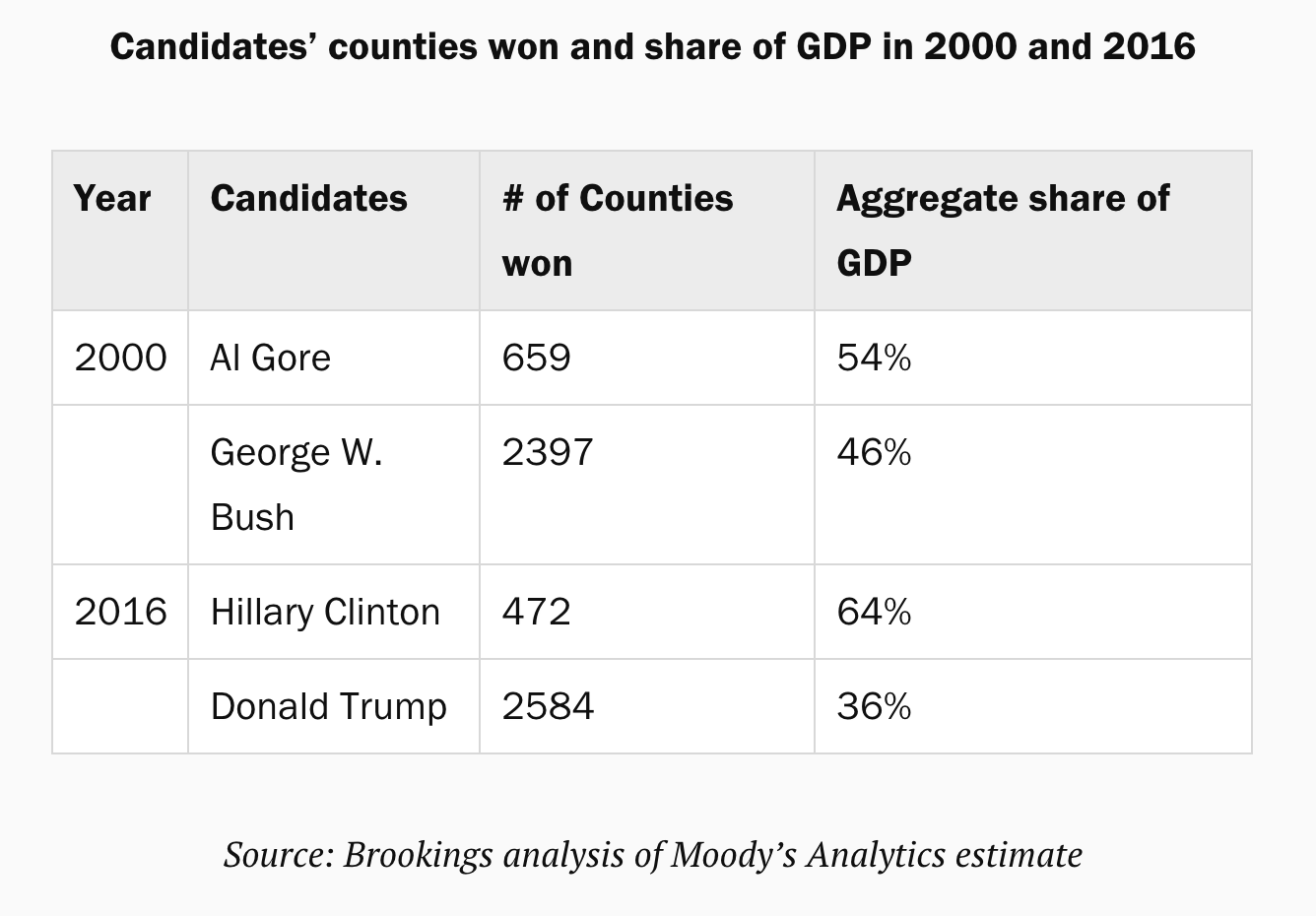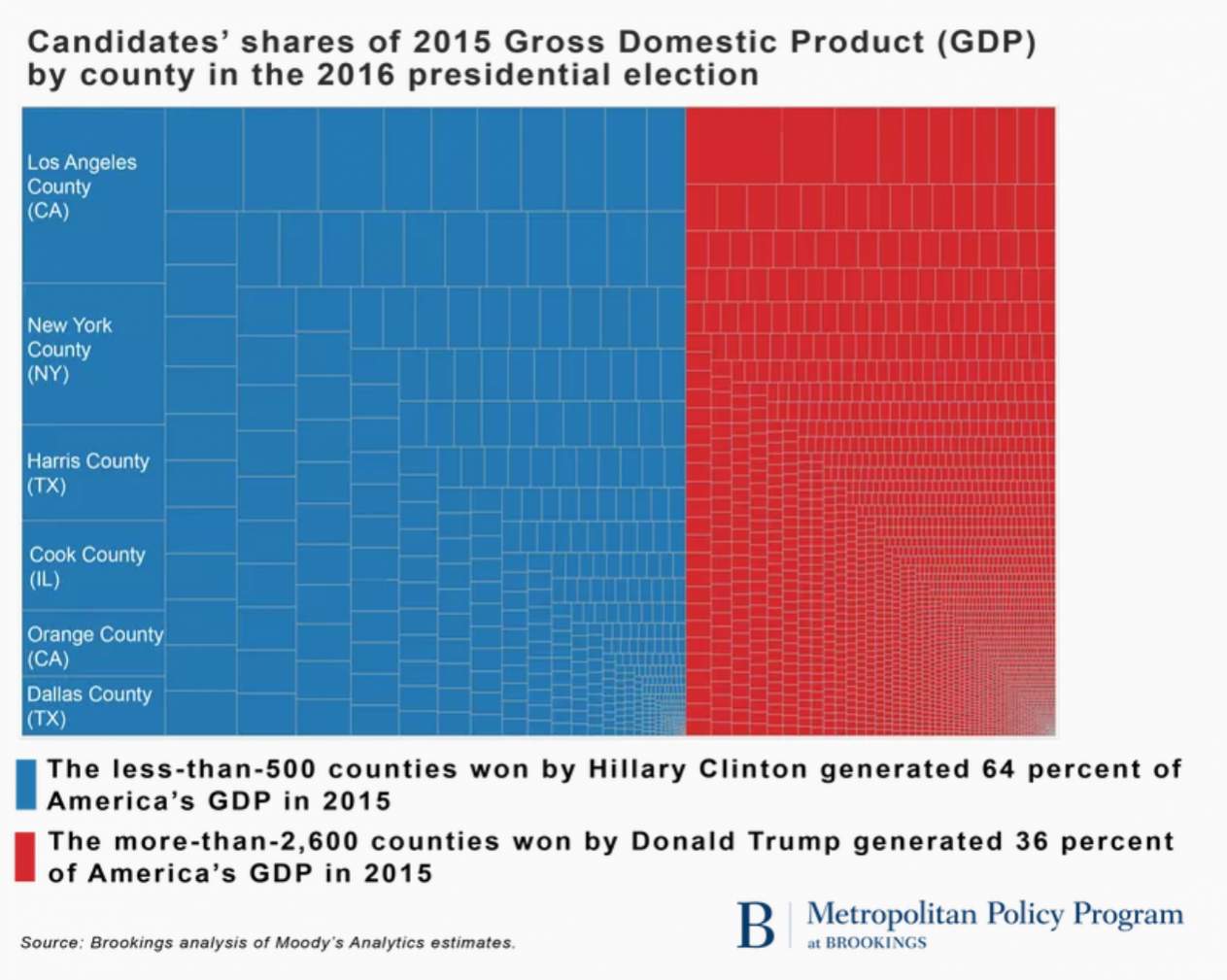I would be curious to know if Trump did any of the things that the NYT Editorial Board recommended would be proper, back in November 2016:
[quote=The New York Times Editorial Board]
Donald Trump refused to release his income tax returns during the campaign and now seems determined to lug every piece of financial baggage connected to his hotels, golf courses and other businesses into the White House. Unless he takes the sorts of common-sense steps past presidents have relied on to preserve the public trust, Americans will never know for certain if his actions in office are for the public good or his family’s private gain.
Presidents are not subject to most federal ethics and conflict-of-interest laws, so Mr. Trump won’t be required to sell or give up control of his companies when he takes office in January. In the recent past, this hasn’t been a problem, because presidents by tradition put their assets — stocks, bonds and real estate — into blind trusts, run by independent managers, to avoid even the appearance of a conflict of interest.
Mr. Trump, however, says that he intends to give control of the Trump Organization and the more than 500 limited liability companies through which he owns his assets to three of his adult children — Donald Jr., Eric and Ivanka. But this won’t dissociate him from his businesses; members of his family aren’t independent from him. And they are already intimately involved in his transition team. On Monday, CBS News reported that the transition team was looking into the possibility of seeking top-level security clearances for the Trump children, but Mr. Trump tweeted Wednesday that he was not seeking such security clearances for them.
Even if he no longer manages his businesses directly, Mr. Trump will continue to own them and his family will be involved in deals, both foreign and domestic, to develop real estate projects or license his brand. He will still be aware of the existence of his business interests and how his actions as president will affect them. The conflicts between his private interests and his public role will be impossible to untangle.
For example, the profitability of his investments in the Middle East, India, Turkey, the former Soviet republics and elsewhere could put his financial interests directly at odds with American foreign policy, whether it takes the form of sanctions against those governments or American investment and aid deals. In such situations, will he act to protect or grow his family’s assets or advance the interests of the country? His businesses currently owe hundreds of millions of dollars to Deutsche Bank, which is negotiating a multibillion-dollar mortgage settlement with the Department of Justice. How would the public know if he or his Justice Department softened its stance because it involved a bank to which he owes money, or whether that bank cut him a sweetheart deal in hopes of currying favor?
Mr. Trump will also face numerous conflicts with enforcement of domestic laws and regulations. For instance, the people he appoints to the National Labor Relations Board will be in charge of investigating complaints by workers at his hotels and golf courses. The board on Nov. 3 ordered the Trump International Hotel Las Vegas to bargain with a union representing its housekeeping staff, maintenance workers and other employees. Will a board made up of Trump appointees choose to enforce similar decisions? Will the Justice Department be willing to investigate and bring cases against his businesses for, say, racially discriminatory actions? The fact is, any decision by the labor board — or by any agency in the Trump administration — that affects the Trump businesses would be tainted by a conflict of interest.
When Jimmy Carter became president, he put his relatively simple businesses — a peanut farm and warehouse — into a trust that gave an independent trustee the discretion to sell the warehouse and to rent out the farm without Mr. Carter’s approval. An arrangement like that might serve the public interest in Mr. Trump’s case. But the cleanest path out of Mr. Trump’s tangle of conflicts would be for him to sell his holdings and put the proceeds into a blind trust operated by independent managers.
Divesting would also ensure that Mr. Trump doesn’t violate the Emoluments Clause of the Constitution, which prohibits American officials from receiving any gifts or income from foreign governments without permission from Congress. Mr. Trump has done deals in other countries that involve foreign governments or individuals with links to those governments. But we don’t know the full nature of those business agreements and whether Mr. Trump receives income or shares in profits from companies that have ties to foreign governments, because he refuses to release his tax returns.
It’s very unlikely Mr. Trump will sell his businesses or put them into a blind trust. But that doesn’t mean that Congress, the press and the public should sit by and allow his conflicts of interest to taint the next four years. Democrats and Republicans alike should raise their voices on a matter that is so deeply connected to the integrity of government. On Monday, Representative Elijah Cummings Democrat of Maryland asked the House Oversight Committee to review the president-elect’s financial affairs. Mr. Trump’s tax returns, debts and connections to foreign governments and business partners should all be subject to a thorough review by Congress.
Last January, Mr. Trump said: “If I become president, I couldn’t care less about my company. It’s peanuts. I want to make America rich again and to make America great again.” If he meant what he said, selling his businesses should be an easy call.
[/quote]
https://www.nytimes.com/2016/11/17/opinion/what-trump-can-do-to-eliminate-his-conflicts-of-interest.html



